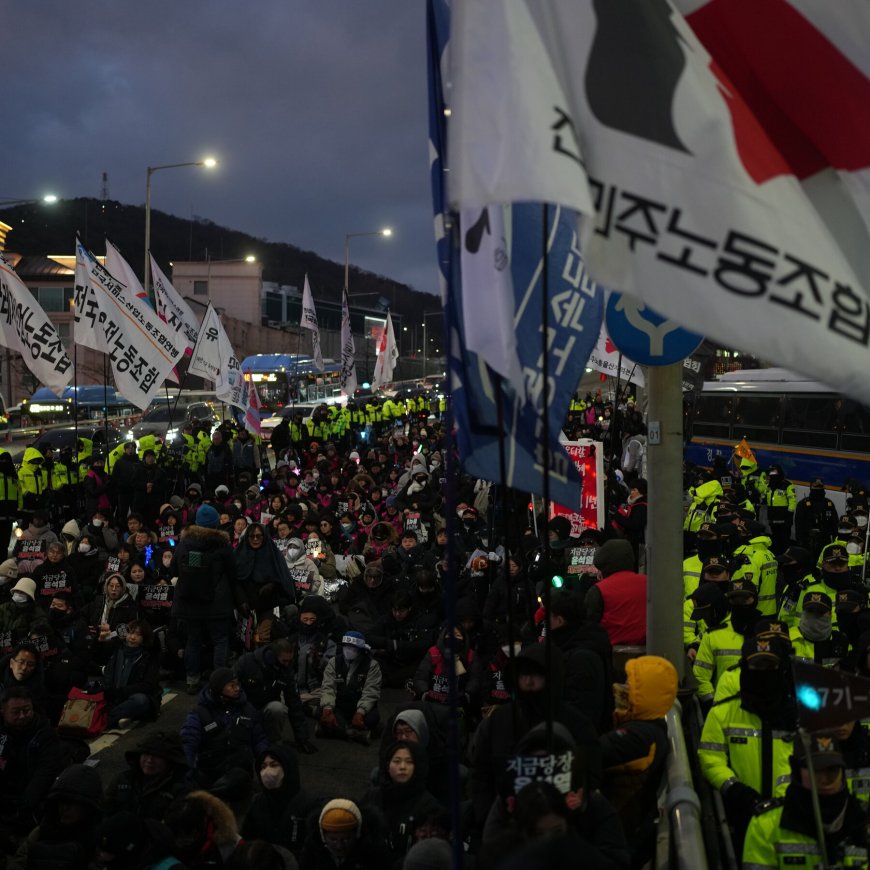South Korea’s Dueling Protests
A standoff between the impeached president’s security team and officials seeking to detain him was echoed on the streets outside the presidential residence.

South Korea’s Dueling Protests: A Nation Divided
News by dharmyuddh.com
Introduction
In recent weeks, South Korea has witnessed a surge of protests, with demonstrators taking to the streets over critical social and political issues. This article delves into the ongoing dueling protests that reflect the nation's deepening divisions, showcasing both sides of the debate while highlighting the broader implications for South Korean society.
The Context Behind the Protests
The current wave of demonstrations stems from various factors, ranging from economic policies to calls for social justice. As South Koreans grapple with the effects of the pandemic and rising living costs, many feel compelled to voice their frustrations. Protests have become a powerful tool for citizens eager to influence change, marking a pivotal moment in South Korea’s democratic journey.
The Protests Unfold
Two main factions have emerged, each with distinct ideologies and demands. On one side, pro-government supporters advocate for stronger economic reforms and measures to combat inequality. On the other hand, opposition groups criticize the government’s handling of various crises and demand accountability. This clash of perspectives has led to escalating tensions in cities across the nation.
Public Sentiment and Media Coverage
The protests have drawn significant media attention, with coverage varying dramatically based on political leanings. While some outlets focus on the demands for reform, others highlight the risks of civil disorder. The portrayal of these demonstrations plays a crucial role in shaping public sentiment and influencing future protests.
The Path Forward
As South Korea navigates the challenges posed by these dueling protests, the future remains uncertain. The government must find a way to bridge the gaps between its citizens while addressing underlying societal issues. Solutions that foster dialogue and understanding are vital for healing divisions and moving towards a more unified society.
Conclusion
In conclusion, the dueling protests in South Korea represent more than just a clash of opinions; they signify a deeper struggle for identity, agency, and accountability within a rapidly changing society. As the situation develops, it will be crucial for stakeholders to engage in open discussions to foster a sense of unity and progression.
For more updates, visit dharmyuddh.com.







